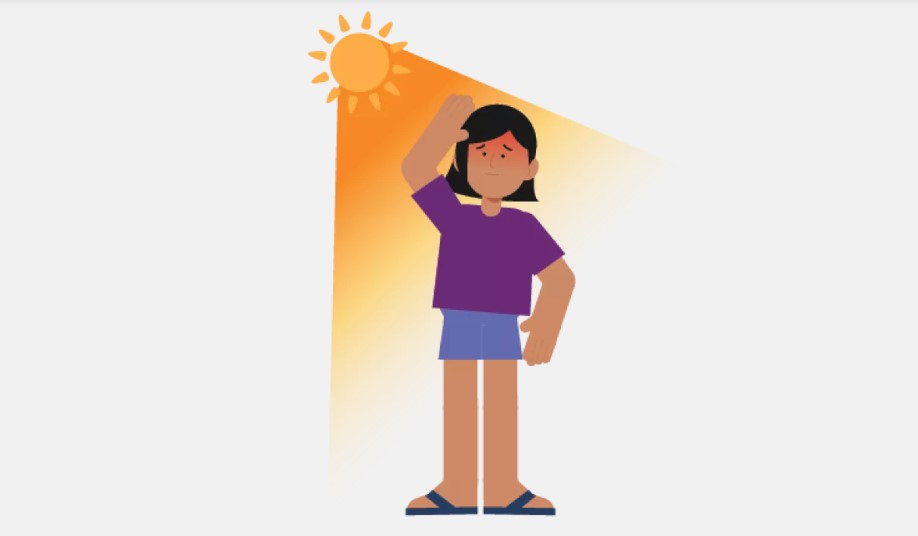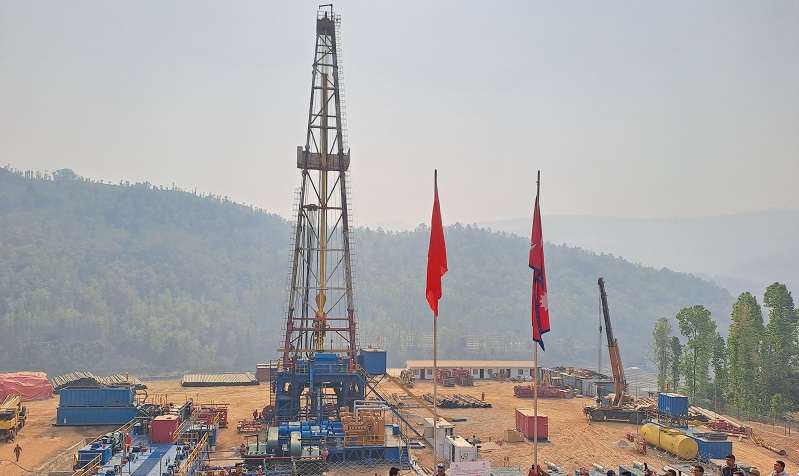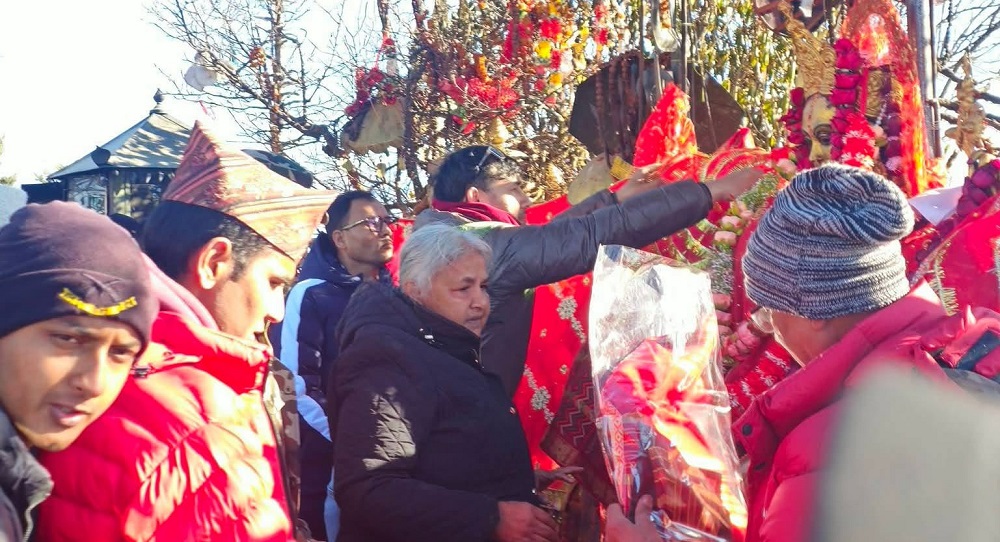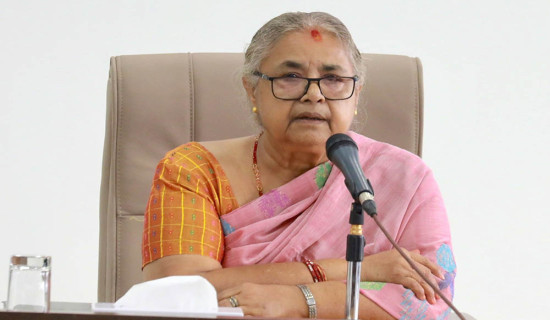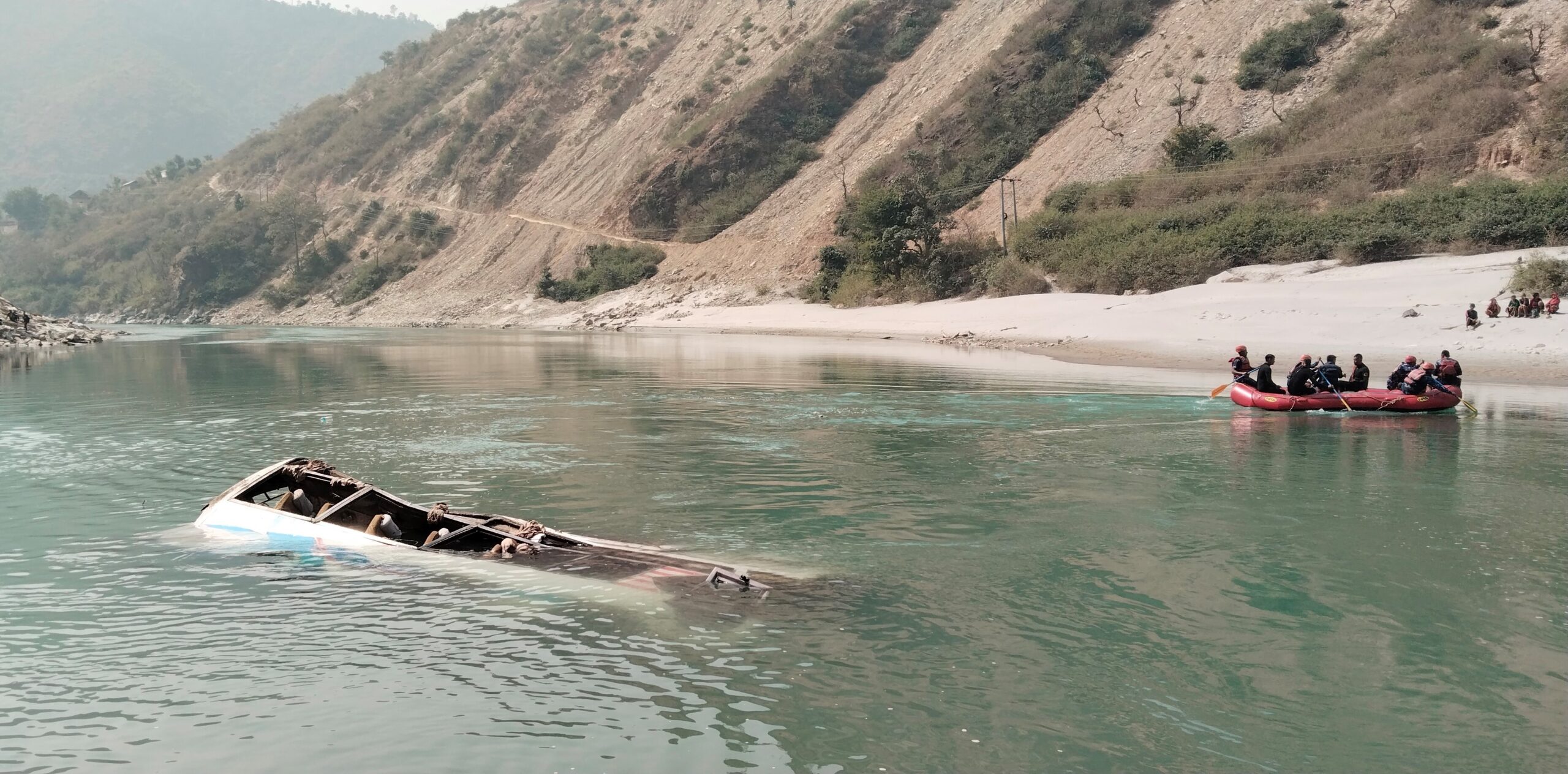Learn how to help keep your children and family safe in extreme heat.
Heat waves are anything but fun in the sun.
Extreme heat and humidity can be extremely uncomfortable and pose serious health risks, especially for infants, children, pregnant women and the elderly.
Without taking the proper precautions, extreme heat can lead to heat stroke and even worse, fatality. As a result of climate change, heat waves are becoming longer, more frequent and more severe.
Here are some expert tips to help keep your family safe during a heat wave, how to recognize signs of heat stroke and what actions you should take if needed.
What is a heat wave?
Heat waves happen when the temperature is higher than normal for several days in a row. Humidity can cause it to feel much hotter.
What causes a heat wave?
Heat waves result from warm air being trapped in the atmosphere and are a natural weather phenomenon. Heat waves are increasing in intensity and frequency due to climate change, resulting from greenhouse gas emissions, that is trapping heat for longer.
Who’s most at risk from heat waves?
Too much heat is dangerous for everyone’s health. Infants, children, pregnant women and the elderly are especially vulnerable to heat stress.
Too much heat can be more dangerous for babies and children than for adults, and dehydration in children can be dangerous or even deadly. Children’s bodies have more trouble regulating temperature than those of adults, and they rely on adults to help protect them from heat.
Pregnant women are at greater risk as well. Too much heat and dehydration can put the baby at higher risk of low birthweight, early birth and even stillbirth. Pregnant women themselves can be negatively affected and go into early labour, as well as develop gestational diabetes and hypertension.




